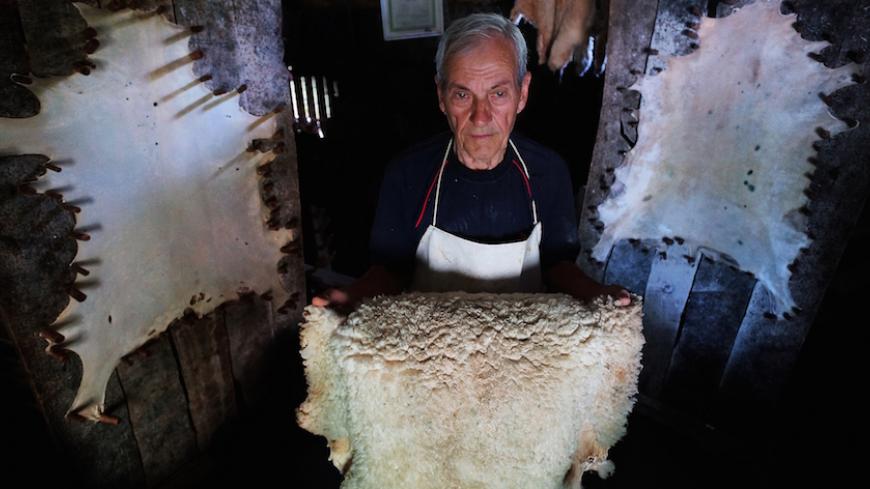During the second century B.C., there was a major rivalry between two of the great libraries of the time — the Library of Alexandria in Egypt and the Library of Pergamum on the Aegean coast of what is now Turkey. Hoping to quell the growth of the younger but ambitious library, which had about 200,000 books, Egypt’s King Ptolemy stopped the exportation of papyrus.
Pergamum’s King Eumenes II responded by promising a substantial reward for anyone who found a way to replace papyrus. Grammarian and scientist Krates from Sardis, who served as the director of Pergamum Library, came up with a substitute. He presented the king with a substance made of goat skin that had been stretched and dried. They called it "Pergaminae Chartae,'' which later become "parchment." Less fragile and more durable than the papyrus, the new tool of writing quickly gained dominance outside Anatolia. Early Bibles and Qurans were written on parchment, as the present-day residents of Pergamum like to boast.



